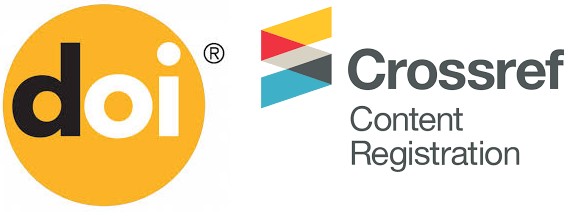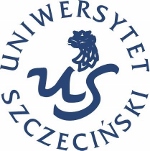Studies and researches
Vol. 17 Issue 2 - 12/2025
The Impact of COVID-19 on Buying Behavior. A Systematic Literature Review on Determinant Conditions and Managerial Implications
A crisis context, as COVID-19 pandemic, is a situation in which maladaptive buying behaviors are irrationally born. In this context, vulnerability and resilience, as opposed states of being, are two variables that can influence the final behavioral outcome. In a pandemic case, panic buying, impulsive and compulsive behavior, hoarding, and stockpiling are the most common effects. The present paper is a systematic literature review aiming to underline the main theories and variables used in explaining abnormal buying behavior during the coronavirus pandemic, the place of vulnerability and resilience among them, and the managerial implications emphasized by the existing studies. The analyzed research papers (N=63) are selected from 2020-2022 time frame. The results show that Theory of planned behavior and the Stimulus-organism-response are the most frequently used models for understanding and explaining panic conduct. The variables affecting maladaptive consumer behavior are both external and internal, the range of factors being wide and complex. Vulnerability and resilience are believed to mediate the relationship between these factors and panic behavior. The managerial implications born from the analyzed studies include four stakeholders (i.e., retailers, policy makers, governments, and mass-media) that, during a crisis, are advised to improve their communication abilities and to better manage their resources.
Read more
Keywords:
Systematic literature review, COVID-19 pandemic, consumer buying behavior, vulnerability, resilience
JEL:
P46, H12, I31
Systematic literature review, COVID-19 pandemic, consumer buying behavior, vulnerability, resilience
JEL:
P46, H12, I31














